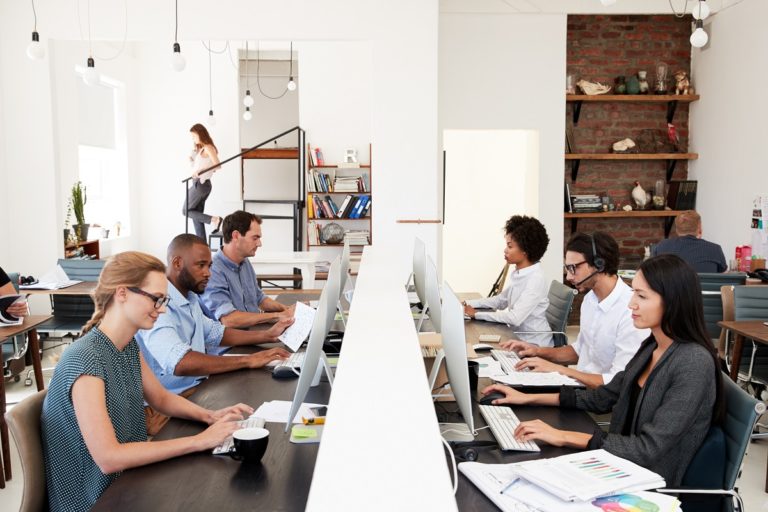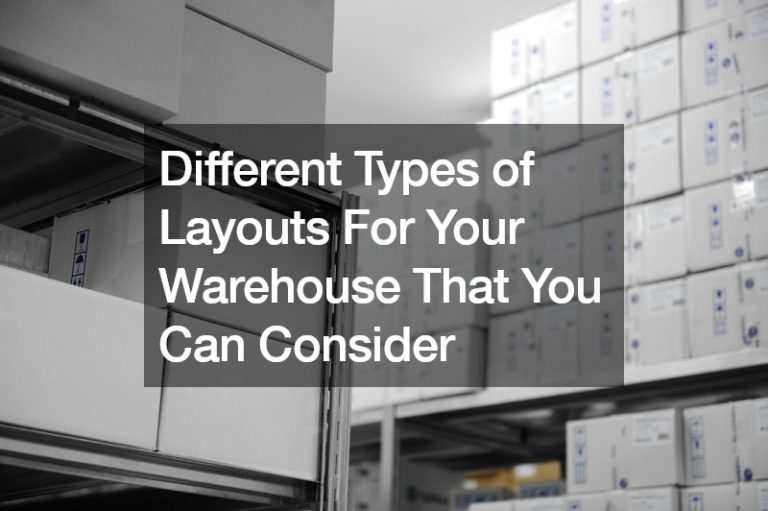Congratulations on your new office! Starting a business can be a tricky one, especially if you are a beginner. If you have already secured a commercial space, now it’s time to fill it up with the fixtures and fittings you need.
An ideal office is one that allows plenty of room to grow and expand. But no office is complete without the essential furniture and supplies. A promising business should be inviting and cozy enough to accommodate your employees and customers. Keep in mind that investing in office equipment serves as your second largest expense.
To avoid overspending on office equipment, you have to plan carefully on which ones you really need. Here you will find a list of the essential office fixtures and fittings. Fill your office with these items to get your business started!
1. HVAC System
HVAC stands for heating, ventilating, and air-conditioning system. It is an integral part of any type of building (e.g., residential, commercial, and industrial), as it controls the temperature, air quality, and humidity and maintains a suitable indoor environment for all building inhabitants.
If you move to an existing office building, make sure that the HVAC receives annual maintenance. Check the air filters, air conditioners, ducts, pipings, fan motors, and furnaces. Consider calling a furnace repair expert and other service providers to ensure everything is in good shape.
2. Desk
The office desk serves as the main workbench. It affects the productivity of your business and employee well-being. According to the HR system provider CIPHR, poor desk setups cause chronic body pain (i.e., hands, wrists, backs, and joints), leading to absence and health costs for your business.
If you have employees with a desk-based role, make sure to consider the ergonomic features of a desk space. A suitable office desk should let you station the computer on a flat surface with hand rests near the keyboard and mouse to avoid wrist strain. It should also include storage for office supplies.
If you visit an office furniture shop, you will find different types of desks depending on the job role. These include executive, clerical, typist, machine, and secretarial desks. So before you let your employees settle in their spots, make sure that the desk is comfy and convenient enough to suit their needs.
3. Chairs
Chairs are probably the most important office furniture from a worker’s point of view. According to research, people who regularly sit down are prone to “sitting disease,” a metabolic syndrome caused by an over-sedentary lifestyle.
A badly designed chair can cause serious health implications, such as fatigue, body pain, back problems, and musculoskeletal disorders. That is why many companies today provide their employees with better chairs to promote better work output and reduced absenteeism.
Office chairs are available in a wide variety of designs and styles. Like the office desk, the ideal office chairs have an ergonomic design to ensure comfort and good posture. Some popular options include conference, ergonomic, executive, and task chairs.

4. Computers
When buying office computers, make sure to consider the different computing needs of your business. A graphic designer and video editor need high-speed computers to help them carry out tasks without disruption. Meanwhile, a general admin employee that uses word processing applications will work better on Windows.
You should also consider whether you need to get more desktop computers or laptops. If you have employees doing fieldwork, attending out-of-town meetings, or moving to a home-based setup, a laptop works best for them. But if you have employees that need a powerful device, a desktop is a great choice.
5. Kitchen Utilities
The kitchen pantry is where company culture begins. If you have an office filled with employees, they need space where they can interact with their co-workers while having coffee breaks or lunches.
You can start by adding a coffee station, complete with a decent coffee machine, mugs, and breakfast mixes, such as coffee, milk, sugar, or chocolate. Unlimited access to clean drinking water is also a must. Although most offices settle for tap water, you may consider getting a water cooler.
Other essential office supplies include a fridge, microwave, chairs, and a table big enough for everyone to have their lunches at.
6. General Fittings and Fixtures
Office fixtures include all the built-in and movable elements of a workspace. The type of fixtures and fittings you will need depend on the commercial space you moved in.
If the office has large windows, consider buying window blinds to control the amount of light entering the office. You will also need filing cabinets and organizers to store essential documents. You can also add some built-in shelves, where you can show off awards and achievements your business has received. If you have regular meetings, you can attach a large whiteboard or TV to a wall for presentations.
Investing in quality equipment plays a significant role in shaping workplace productivity. A business owner’s job is to provide employees with all the necessary equipment so that they can work efficiently. Not only will it benefit employees, but it can also affect your overall business image. A fully equipped business sends out a positive message to all your customers and partners.



